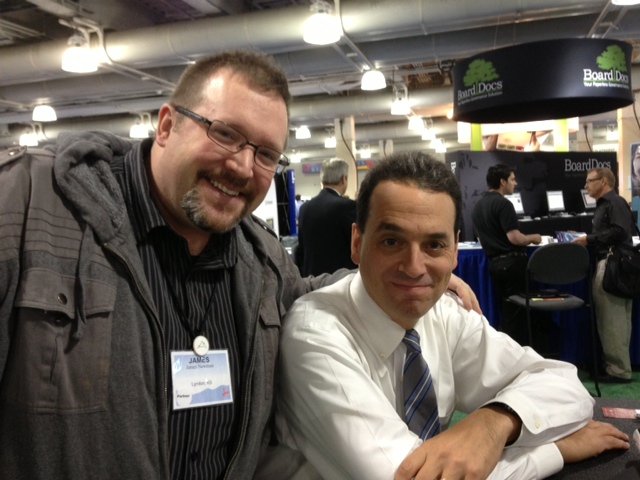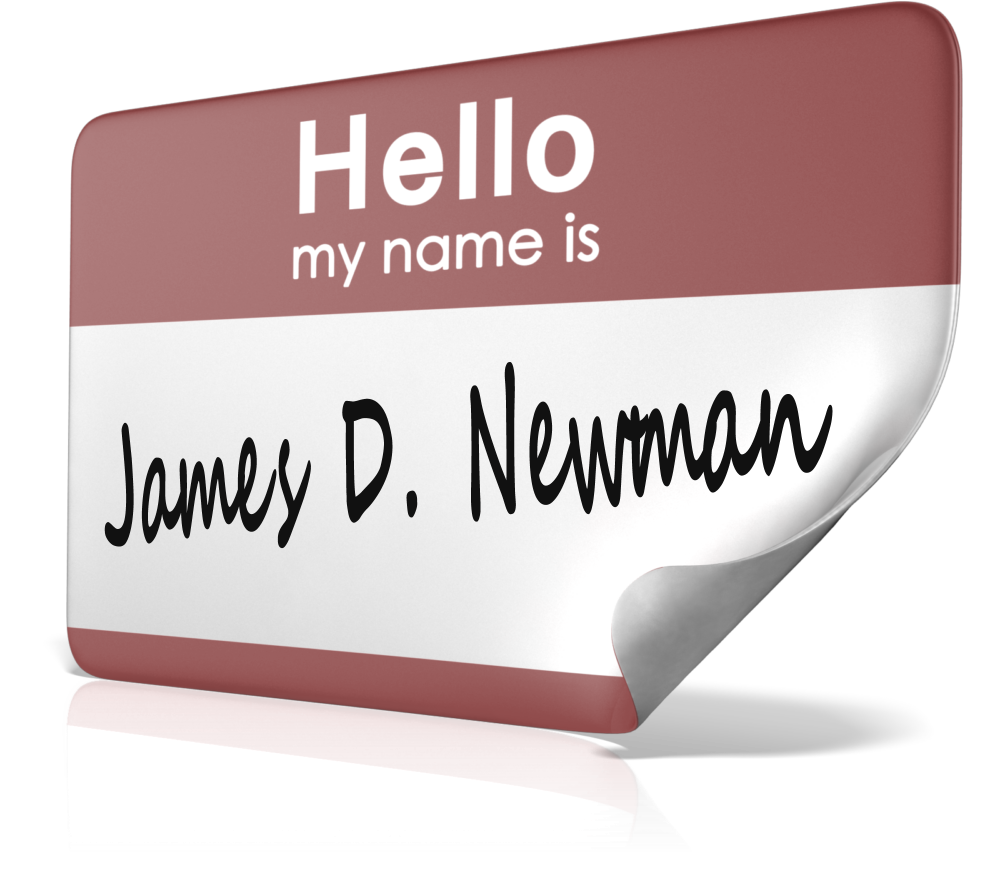Things You Should Be Doing During and Following a Conference
I should start this post out by explaining that one of my mentors in this field asked me if I have to go to conferences or do I get to go to conferences. I'm definitely in the "get to go" camp. I love almost everything about them (except the cost). Many of us attend conferences in our respective fields and nobody really guides us through what we should be doing before, during, and after the event. Most of the time we just end up winging it, copying others, and hoping we are getting the biggest bang for our time and money. After you've gone to a whole bunch of them, you start to settle in, and pay attention to the most important things, and then your perspective shifts a bit.
Conference Goals
Let's parse out the major goals of going to an industry conference:
- Networking - We are guaranteed to meet interesting people and these are always a good time to be prepared with your strikingly amazing business cards. Lately, I've been using Moo for mine, out of Providence, RI.
- Learning - One thing that draws a crowd is an interesting line-up of speakers and guest panels. Perhaps an author you've always wanted to meet will be keynoting? Through my conferences over the years, I've been able to meet and chat personally with some of my very favorites: Todd Conklin, Sidney Dekker, David Marx, Daniel Pink, Jim Collins, and certainly some not as main-stream popular. Talking to these leaders one-on-one has such an lasting and inspiring effect!
- Presenting - Show people what you've been up to this past year and knock their socks off. If you're not doing work you're proud of, it may be hard to sell it on stage; but if you are. there's no better feeling that you're heading in the right direction than the elation of having people interested in what you're doing differently that's moving a performance needle in the right direction. It means a lot to prospective clients if you can set yourself apart as a leader in your field, and this is a major boost to that credibility.
- Getting away - Certain places and venues trigger the absolute best in calming oneself. Getting away from the grind is always a good thing. Pushing the reset button, and going someplace new can be exciting. My favorite locations tend to be in warmer US areas: Texas, California, Florida and Arizona - especially, if I can escape the cold weather of New England!
- Having some fun - Work is stressful. Conferences are not supposed to be (even if you are presenting). Remember that life is short and feel open to try some new things with your new friends. The most stress you should have is over making new acquaintances and trying to remember their names. Take lots of photos with your phone. I've seen some people take a picture of the person and then their business card, so they can match the two up later on. Ideally, the conference planners have developed some networking parties or dinner opportunities to facilitate conversations and for you to get to know the attendees a little more.
-

with Daniel Pink -

with David Marx
Quick Tips
- Pre-conference: Don't forget to work on your introduction and how to explain quickly to people what you do and your passion around it. (aka the elevator speech)
- When taking someone's business card, write down a couple of things on their card that will help you remember them and the discussion you had, so you can follow up with some thoughtful inquiry later.
Three Months Later...
Now what? You're back in the grind with the happy memory of the conference in your past. Is there anything you should be doing now? You could be contacting one of those new friends you had dinner with. Networking can be a huge boost to your career - an old or new friend can help you find a job, help you answer a question your organization has been struggling with and not finding a way out. You could blog on some of the subjects you learned about at the conference if you have one. Keeping up on new trends in your field is paramount if you want to get or hold the position of a leader.
You also have some time to read through your notes now and fully let what you learned sink in - what can you apply to your workplace? Was the conference worth it? Should you go again next time? What were your key takeaways? Would you like to be a presenter next time? What is the process? Who do you need to talk to about it? Get your contacts set, send some emails and make some calls. Let the experience continue and get the maximum value for your time.
Whatever you do, I suggest it's something. I've been to some horrible conferences in the past as well as epic ones - there is always something to gain if you look for it. That's up to you. Cheers, and I hope to see you at my next conference! Let's trade cards and get a selfie!
